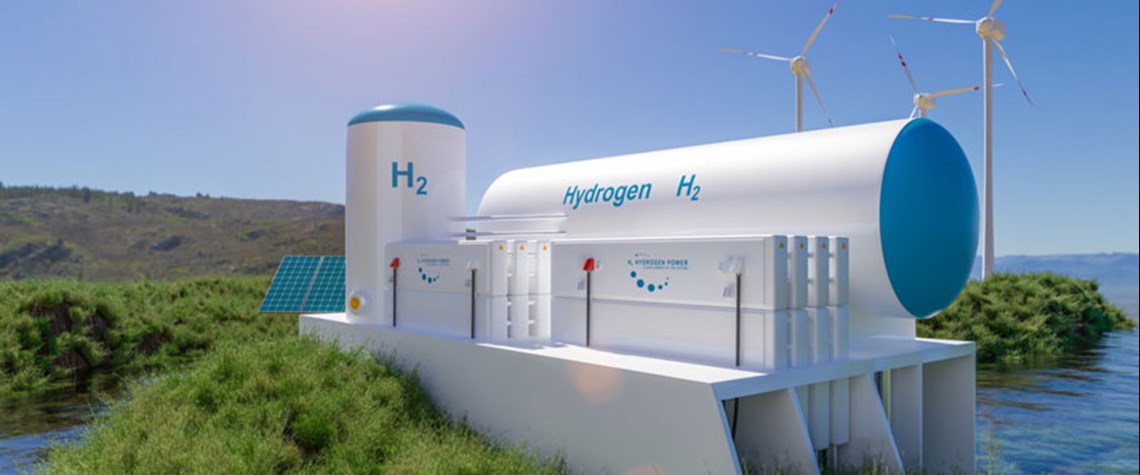Hydrogen poised for lead role in push for Paris goals
Hydrogen key to tackling hard-to-abate sectors, but reaching Paris goals will require a wider arsenal of fuels and technologies, roundtable panellists say
Hydrogen will play a leading role in the energy transition, but other clean fuels, electrification and a sustained effort on energy efficiency will also be crucial to meeting the goals set out in the Paris Agreement on climate change, according to speakers at a Transition Economist alternative fuels roundtable, held in association with PwC. Hydrogen will be essential to curbing emissions in hard-to-abate sectors such as steel and chemicals, speakers say. However, a serious attempt to reach the goals of the Paris Agreement will require deployment of a wider range of alternative fuels and technologies, some of which have yet to emerge, according to Juergen Peterseim, senior manager at PwC, ci

Also in this section
22 July 2025
Sinopec hosts launch of global sharing platform as Beijing looks to draw on international investors and expertise
22 July 2025
Africa’s most populous nation puts cap-and-trade and voluntary markets at the centre of its emerging strategy to achieve net zero by 2060
17 July 2025
Oil and gas companies will face penalties if they fail to reach the EU’s binding CO₂ injection targets for 2030, but they could also risk building underused and unprofitable CCS infrastructure
9 July 2025
Latin American country plans a cap-and-trade system and supports the scale-up of CCS as it prepares to host COP30








